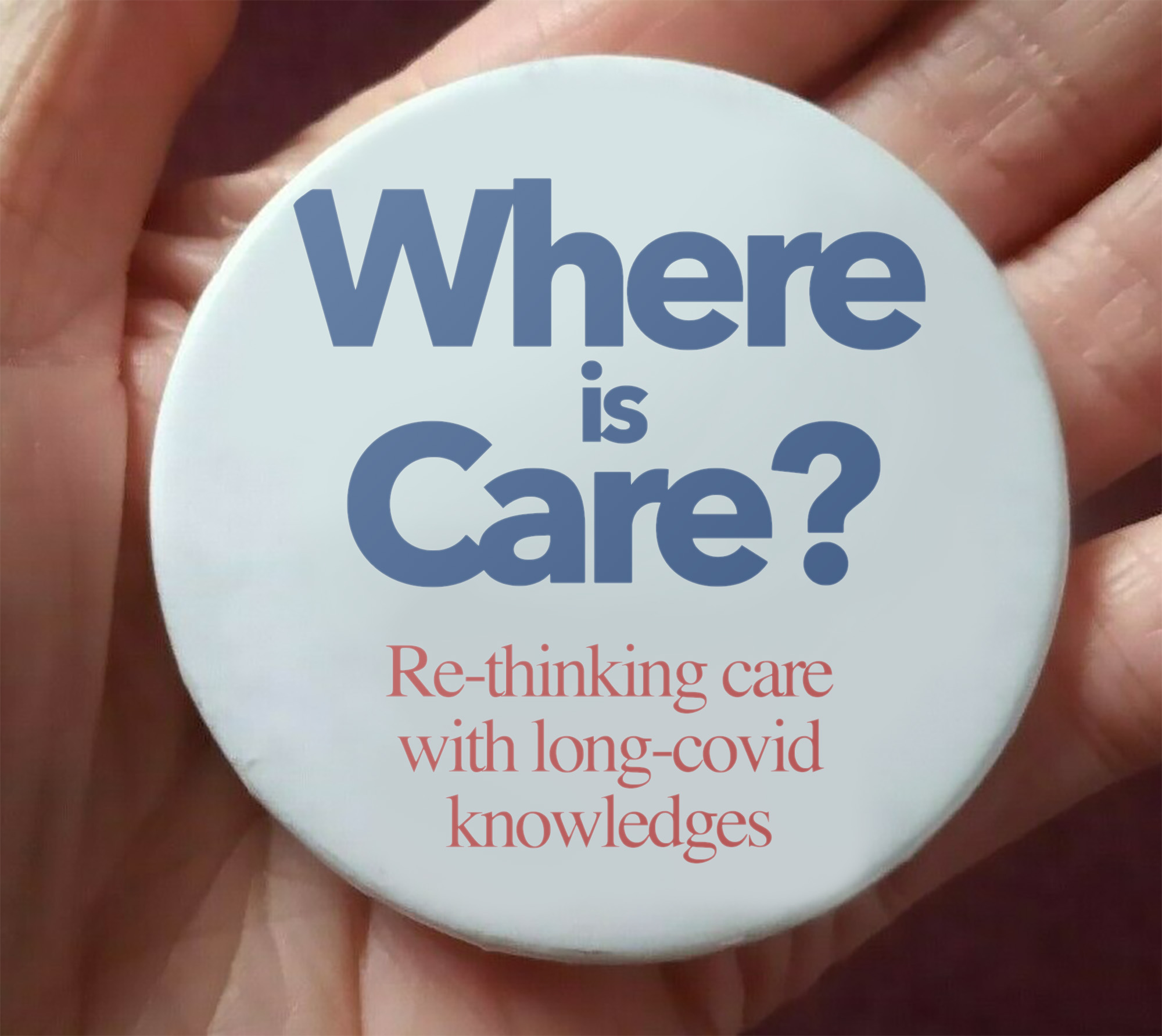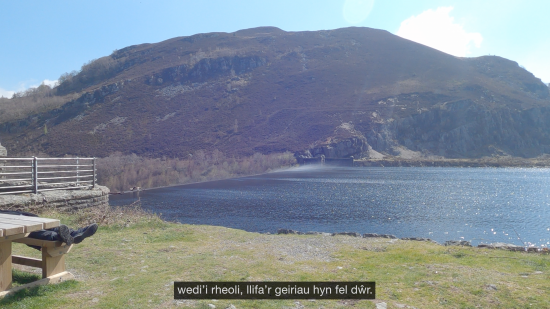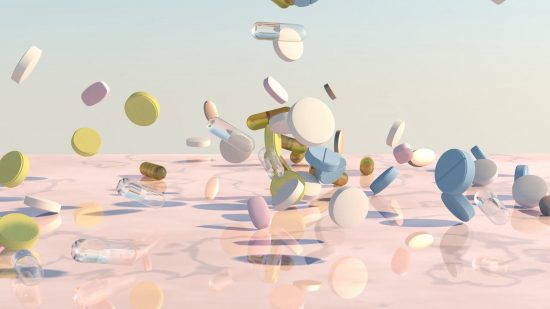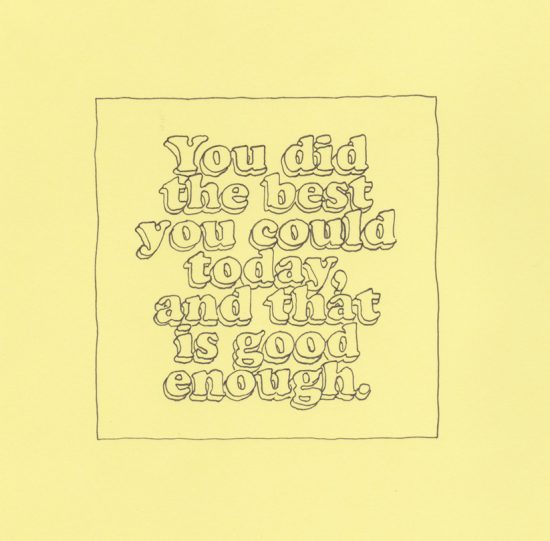I will be on a research residency with SPACE, London between October 2021 – June 2022. I will be exploring the coalescing of the term ‘care’ in contemporary art discussions alongside the use of virtual platforms like ‘zoom’. This is after their rapid up-take through the pandemic thus far, and in the context that working from home due to health concerns – whether that be a societal pandemic, or an individual illness/disability – appears fundamentally about accessibility at different scales.
Link: spacestudios.org.uk/artist-support-post/rowena-harris-phd-residency-at-space-ilford/
I will be drawing on my ongoing experiences of long-covid, as well as ME/CFS prior to C-19 which, like others, made me susceptible to long-covid. My experience of both conditions is defined by a lack of care more than anything else, where, although they are not the same, as an experience they are intertwined – my prior experience and diagnosis of ME/CFS informed my long-covid experience, both in how I would be treated, and my understanding of the socio-politics as this new embodied condition took hold. To me, knowledge, understanding, authority, power, belief and disbelief appear as components of whether care can emerge medically and socially. Rather than as a given or innate, I will be exploring care as something that arises depending on certain factors that come before it, as something generated both deeply personally and deeply socio-politically.
The residency begins in crip time as I work from home as a virtual residency, and with SPACE we will explore what a residency in crip time can be, and as virtual outputs, discussions, and engagements. Crip time can be understood as living in a wildly new configuration of time which arrives from, for example as one component of long-covid and for plenty of other chronic illnesses, energy becoming something you have to measure, conserve, manage and ration, and applying to things that used to be inconsequential.
Health and the medical is not a individual but a collective societal matter as well as a political terrain on which social power relations play out. The lack of scientific understanding of long-covid that we see today, is inherited from the societal prejudices of conditions like ME/CFS. Given by the patriarchal heritage of the medical system, and a predominance in women, these conditions were previously claimed as psychological – specifically hysteria – rather than in their biological terms. This rhetoric has impeded research into biological factors that would have been useful to long-covid. And, though terminology may have now changed, in medical practice it is still typical to experience medical gaslighting, and be told your symptoms are psychological, and where this shapes the medical care made available, as well as one’s own dialogue with friends, family and peers.
Like the rest of the pandemic, long-covid amplifies existing inequalities that span race, gender, class, disability, as well as in relation with technology – which careers cannot be at home in front of a computer are the same as what we now call ‘front line’. I will be exploring where and how different kinds of inequality and marginalisation intersect, in feminist disability studies literature, together with methodologies, theories and dialogue and conversation with SPACE to explore how to expand what we mean by care in contemporary art, with a particular focus on long-covid and ME/CFS.



